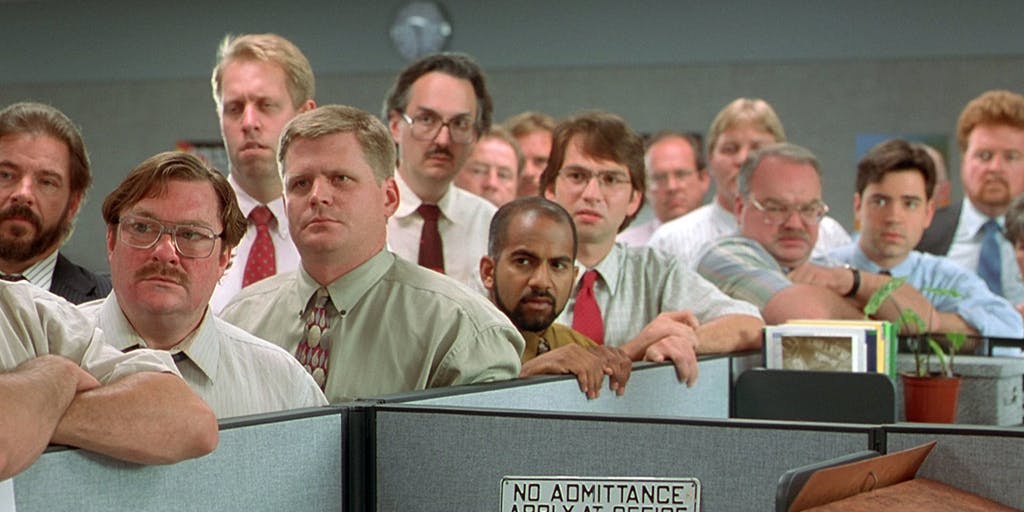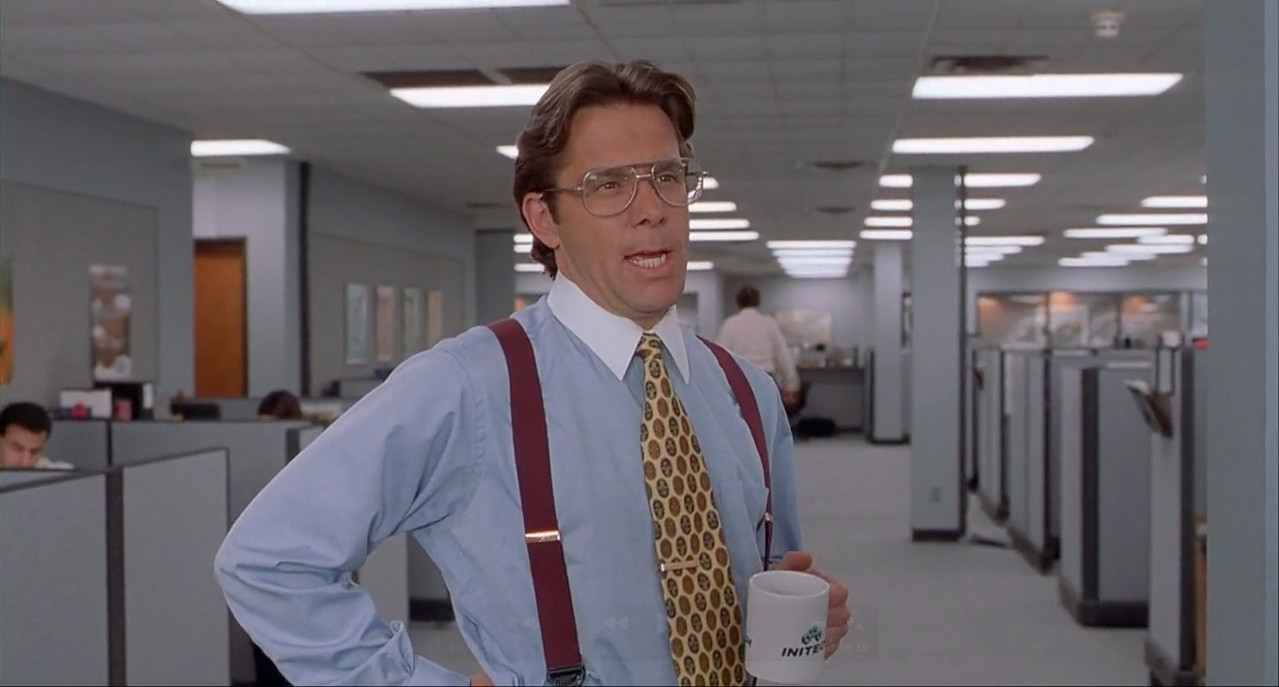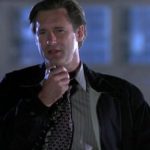It’s the film that launched a thousand memes and defined a generation is it entered the new millennium. There’s a reason that Office Space remains the quintessential workplace comedy of the last few decades. While it’s easy to re-watch it now and catch all the little details and technologies that date it in the late 90’s, its themes and ideas have not changed one bit in the subsequent 20 years since its release. So let’s a closer look at why this beloved comedy is so incredibly timeless.
A Wonderful World of Automation
One of the most painfully accurate quotes from Office Space is “Humans weren’t meant to sit and stare at computers all day.” At the time of the film’s release, computers had already been taking over workplaces for the better part of a decade. Compared to now however, it’s gotten out of hand. Almost any job we can perform will involve staring and typing into some sort of digital screen.
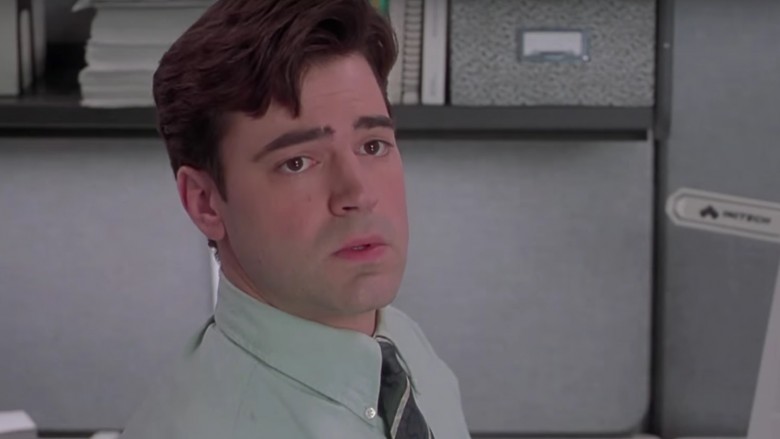
Even the age old cash register has been equipped with a computer. And while that certainly makes doing certain things easier, it can’t be good for our health. And the jobs that were already computer based have gotten even worse. For many office employees, most of their training, as well as frustrations, come from trying to navigate a myriad of different programs with different weird limitations or systems of operating. As technology grows, so many employees have become self-taught IT professionals.
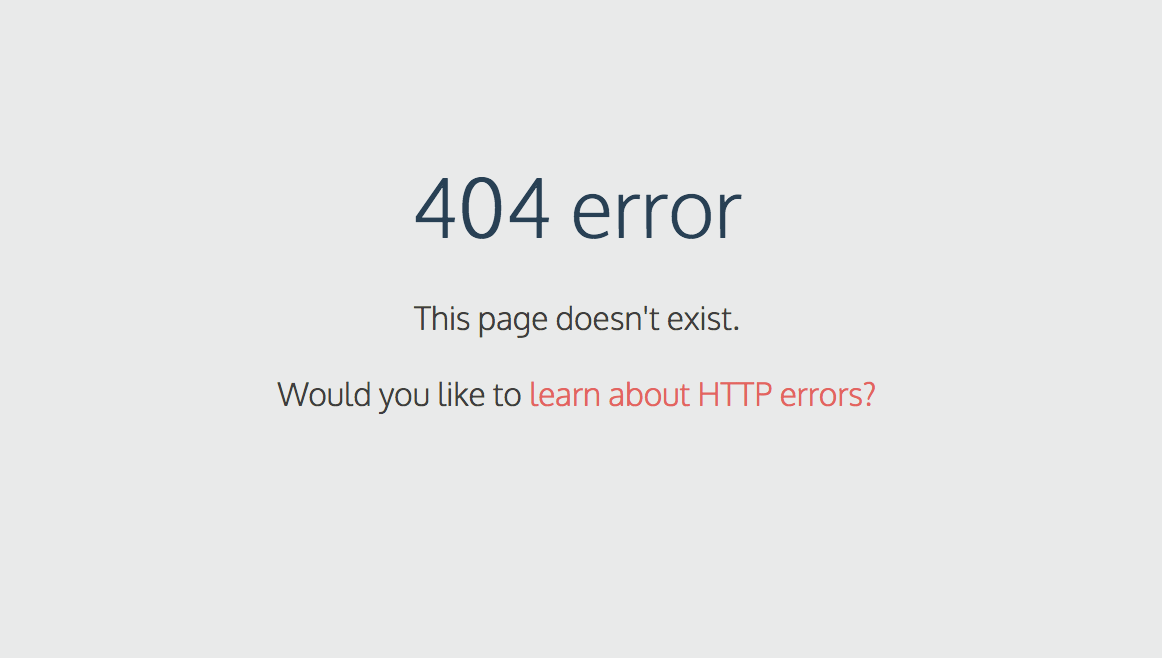
An Exercise is Existentialism
Who doesn’t identify with Peter Gibbons’ desire to do nothing? It was true in the 90’s and it’s even truer today. Between an overstimulation of social media, and the fact that full time jobs with good benefits and high pay are becoming ever more elusive, the current workforce is far more pessimistic than the ones that came before. These days people are working harder and longer, but for less pay than decades earlier (relative to inflation). And because of this the idea of just relaxing and doing nothing is now more appealing than ever.
This is especially true when so many “problems” at the workplace seem so first world in nature. How many of us have been hassled by a customer for their coupon not working, or by a boss for not using the right cover sheet for some idiotic form that has to be formatted just that way or the world will end?! As we watch Peter do things like play Tetris or gut a fish at his desk, we all imagine how wonderful that might feel.

Changing With Age and Experience
One of the most interesting aspects of the film is how people look at it differently at different stages of life. For many who first see it as a teenager or college students, it’s just another well written comedy. But upon watching it as an adult who’s worked in an office, it’s an entirely different experience. Watching the film suddenly becomes cathartic as we see elements of our own work life portrayed. After a long stressful day or week of work, who isn’t in the mood to put it on, to cope with the stresses of work by laughing about them?
While certain elements of the film feel quite dated (like all the references to the year 2000), its overall ideas and themes about the apathy and frustration that come with most office jobs still remain ever pertinent to this day. For most of us, we spend a roughly a third of our life at work, and Office Space perfectly captures both the humor and tragedy that accompany it.
